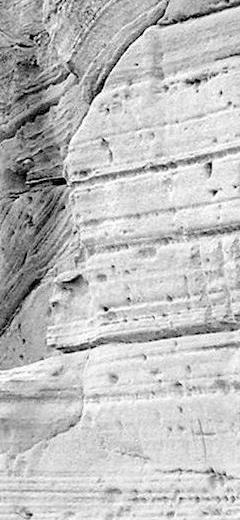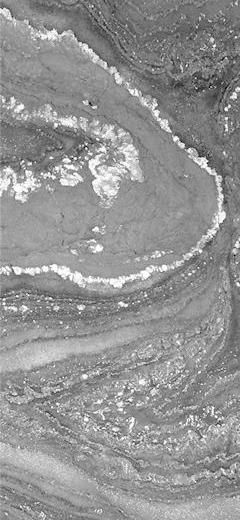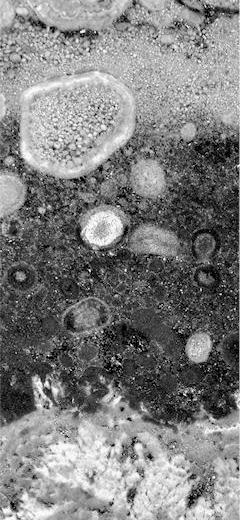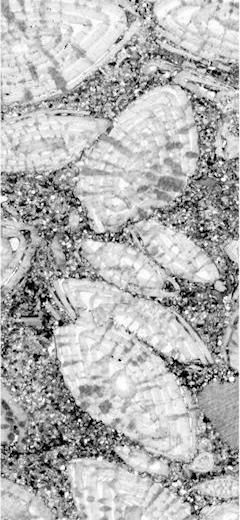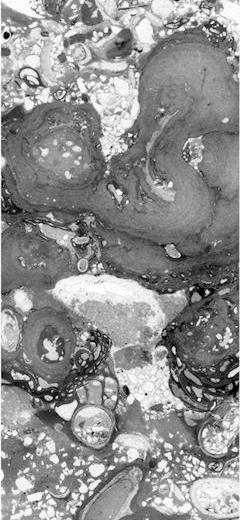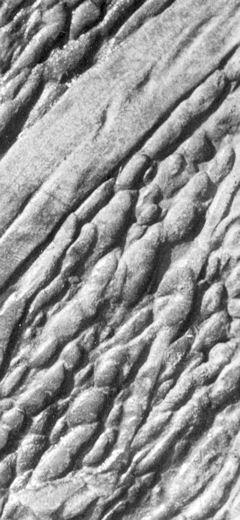ASGP (2012), vol. 82: 239–253
MIDDLE MIOCENE DEPOSITS IN CARPATHIAN FOREDEEP: FACIES ANALYSIS AND IMPLICATIONS FOR HYDROCARBON RESERVOIR PROSPECTING
Paweł LIS(1) & Anna WYSOCKA(2)
1) Polish Geological Institute, 00-975 Warsaw. Present address: Bacha St.10/701, 02-743 Warsaw, Poland, e-mail: pawel.prot.lis at gmail.com
2) Faculty of Geology, University of Warsaw, al. Żwirki i Wigury 93, 02-089 Warsaw, Poland, e-mail: anna.wysocka at uw.edu.pl
Lis, P. & Wysocka, A., 2012. Middle Miocene deposits in Carpathian Foredeep: facies analysis and implications for hydrocarbon reservoir prospecting. Annales Societatis Geologorum Poloniae, 82: 239–253.
Abstract: This sedimentological study was based on well cores from the Polish and Ukrainian parts of the Carpa- thian Foredeep. It revealed general heterogeneity of facies in the middle Miocene of the sedimentary succession in the basin. Fourteen sedimentary facies were distinguished and their origin was interpreted: massive, non-graded sandstones; normal-graded, massive sandstones, with and without a stratified uppermost part; hydroplastically deformed sandstones; planar-parallel-stratified sandstones; trough-cross-stratified sandstones; ripple-cross-lami- nated sandstones; heterolithic deposits, composed of thinly interlayered sandstone and mudstone; massive and laminated mudstones; and basal gypsum/anhydrite evaporites, often intercalated with mudstone. Four main modalities of vertical facies organization were recognized and attributed to the following environments: (1) the mid-late Badenian, shoal-water, evaporitic environment that preceded the latest Badenian–early Sarmatian, main phase of foredeep development; (2) a littoral, tidal environment of the inner parts of storm-influenced, coastal bays and tidal flats or possibly spit-sheltered lagoons; (3) a wave-dominated, littoral, sandy environment, considered to be shoreface, extended by waves, in front of advancing deltas; and (4) a neritic to subneritic, muddy, offshore slope, characterized by frequent incursions of tempestite and turbidite sand. The study contributed to a better understanding of the mid-Miocene depositional systems in the basin, with significant implications for ongoing hydrocarbon exploration. Interpretations of the origins of potential reservoir sandstones provided important information on their possible stratigraphic distribution in the basin fill. The potential, economic importance of stratigraphic hydrocarbon traps underscored the urgent need for a full-scale facies analysis and fully cored wells in strategic parts of the basin.

